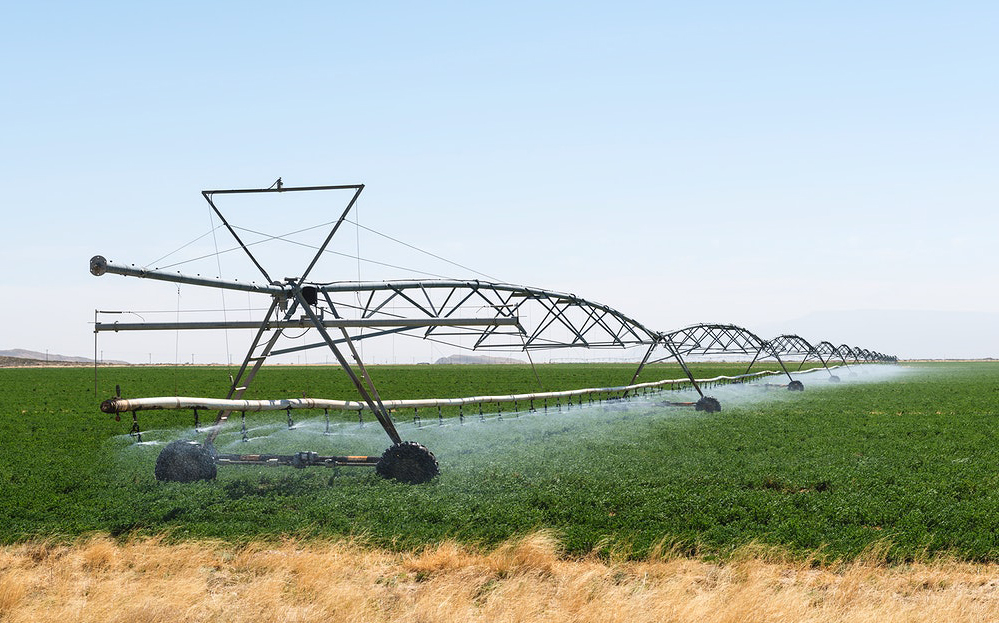March 6, 2020
The low level of Kwena Dam has had a direct impact on agricultural activities along the Crocodile River, as farmers are still only allowed 25 per cent withdrawal of their allocations.
This means that a farmer would only be allowed to draw water for 30 hours per week, which equates to between six and eight hours for three days of the week.
Chairman of the Crocodile River Irrigation Board, Dawie van Rooy, told Lowvelder that while rainfall figures are “near normal” in certain parts of the catchment area for this time of the year, it has not brought any relief to the flow of the river, as water needs to be released from the Kwena Dam, which is currently only 36,4 per cent full.
“We normally get good rainfall from mid-October and if we receive a few thunderstorms in the next two or three weeks, the river will be able to supply more water again for irrigation purposes, which will alleviate the pressure on farmers. We are far from the dire situation we faced in the 2015/16 drought.”
“Weather predictions indicate that we are going to have normal rainfall figures for the summer, with proper rain traditionally only starting to fall in November.”
The dam level will then have less of an impact on irrigation and hopefully, we will get enough rain that the dam spills this summer.”
Van Rooy confirmed that more dams were desperately needed in the Lowveld, but that government has not been able to deliver in this need.
“It is the Department of Water Affairs’ responsibility to do a feasibility study to determine the right location for the dam, but there has been no budget to do it. At one stage we were informed that a dam will be completed by 2027, but it has also been postponed.”
The impact of dam levels was this week explained in a press release from Inkomati-Usuthu Catchment Management Agency. The entity is responsible for managing water resources in the Inkomati-Usuthu water management area. According to the release, the water availability situation in the Crocodile and Sabie-Sand catchment area is still below normal when compared to previous years, while Komati and Usuthu catchments are normal.
Related Articles
Repositioning Agriculture Family Businesses
Introduction Any agriculture business goes through different phases, starting with the pioneer phase. The pioneer starts the business and grows it over time, guiding it through to the next phase where the business is stabilised and starts becoming sustainable....
Establishing Water User Associations: An Opportunity
Introduction The Minister of the Department of Water Affairs (DWS) decided that the 1998 Water Act must be fully implemented. Currently, the old act (1956 Water Act) is still operational and used in conjunction with the new act mainly due to the new act not...
Black sugar farmers get a sweet deal with Tsb
Nelspruit - In the next 12 months, 8 000ha of sugar cane land that was owned by Tsb Sugar will belong to black people from various communities in Mpumalanga. Already, 4 800ha of that land is in the hands of two trusts from the Nkomazi area. Siphumelele Tenbosch Trust...




